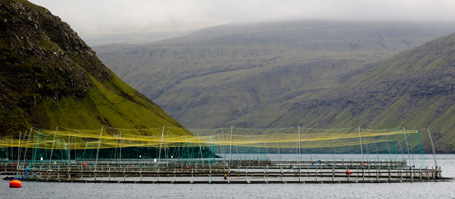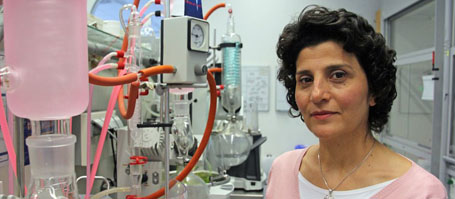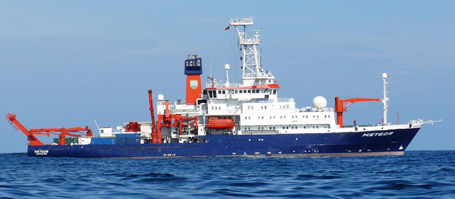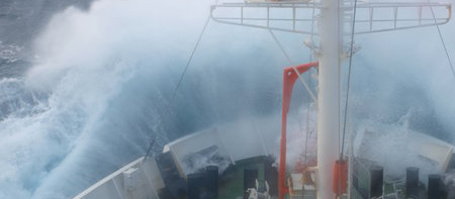Economists, fisheries and evolutionary biologists from Kiel University, the GEOMAR Helmholtz Centre for Ocean Research Kiel, and the Finnish University of Helsinki working together in an interdisciplinary project have calculated how fishery and aquaculture will develop in the coming decades in regard to popular types of edible fish such as sea bass, salmon, cod and tuna. These four are among the most important fish species on the North American and European markets. Salmon and sea bass come mostly from fish farming, while cod and tuna stem from wild-capture fisheries.
The focus of the study was the question of how wild fish stocks will develop up to the year 2048 and beyond. The authors take into account here not only biological influencing factors but also especially how future economic developments will affect fisheries. The researchers simulated particularly technical progress in fisheries, increasing global demand for fish and a growing supply of fish from aquaculture. In addition the study examined the interrelation of these factors in various scenarios with limited effectiveness of regulation on wild fisheries.
“A realistic projection of the future development of economically important wild fish populations can only be reached if, in addition to biological factors we also take into account economic driving forces. The result surprised us, as the economic development had a much stronger influence on the fish stocks than we had expected,” says first author Prof. Martin Quaas from the Institute of Economics at Kiel University and head of the research group “Sustainable Fisheries” in the Cluster of Excellence “The Future Ocean.”
Increasing aquaculture production can relieve wild fish stocks; however this positive effect will probably be overwhelmed by a greater demand and technological progress in the fishing industry – both increasing the fishing pressure on wild stocks. Under present conditions aquaculture production would have to increase by 15 to 24 percent in order to sustain stocks – an unrealistically high amount from the point of view of the researchers. Added to that is the problem that fish from aquaculture is often fed with fish from wild capture. “Even if we were to set very optimistic rates and raise the amount of vegetable protein in the feed, the pressure on fisheries and fish stocks would increase enormously and likely cause their collapse”, says co-author Thorsten Reusch from GEOMAR Helmholtz Centre for Ocean Research Kiel. Sustainable use of wild fish stocks could however be achieved by means of a considerable increase in the effectiveness of fisheries management, far above today’s standard.
In order to prevent the collapse of the fish stocks the researchers therefore see the only solution as institutional change, which considerably improves the effectiveness of fisheries management for wild fish species. The researchers consider the most recent reforms of the fisheries policy of the European Union a step in the right direction. In the course of the reforms agreed upon in 2013, for example, multiple-year management plans should be introduced for further stocks. In addition strict landing obligations shall be introduced. The researchers see particular need for action for high seas fisheries, including a significantly improved international coordination in determining and enforcing restrictive catch quotas..
Original publication:
Quaas, Martin F., Reusch, Thorsten B. H., Schmidt, Jörn O., Tahvonen, Olli, Voss, Rudi: It is the economy, stupid! Projecting the fate of fish populations using ecological–economic modeling. Global Change Biology (2015), doi: 10.1111/gcb.13060.
Links
Kiel University, Institute of Economics
www.eree.uni-kiel.de/en
GEOMAR Helmholtz Centre for Ocean Research Kiel, Research Division Marine Ecology
www.geomar.de/en/research/fb3/overview/
The Cluster of Excellence “The Future Ocean”, www.futureocean.org/en
Contact
Prof. Martin Quaas, Institute of Economics, Kiel University, tel: 0431-880-3616
quaas@economics.uni-kiel.de
Prof. Thorsten Reusch, Research Division Marine Ecology / Evolutionary Ecology of Marine Fish, GEOMAR Helmholtz Centre for Ocean Research Kiel, tel: 0431 600 4550
treusch@geomar.de
Friederike Balzereit, Public Outreach, The Cluster of Excellence “The Future Ocean”, tel: 0431-880-3032
fbalzereit@uv.uni-kiel.de
…



